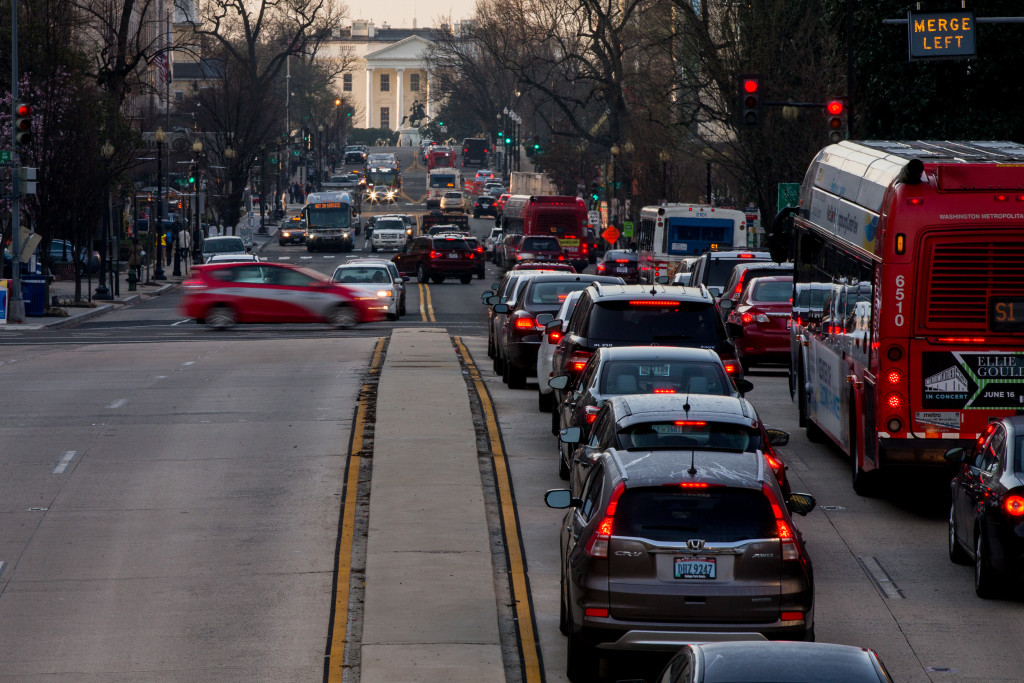
Compounding factors such as rolled over hours from the peak of the pandemic, delayed travel plans, and additional time to tend to COVID-19-related complications mean many federal employees had more paid time off for 2021 than normal. But it won’t all go to waste as people push to use their leave or delay what they can this holiday season.
Federal News Network conducted an anonymous, unscientific, online survey of readers last week and received a wide range of responses. Readers largely indicated they would close out year two of the pandemic with either the same amount time off or more than what they had at the end of 2020.
Of the 795 total respondents, 779 identified as federal employees, 11 said they were federal contractors, three said they were neither and two did not specify.
Among those employees who had less time off left now than in a normal year, several said they used their hours for family reasons, including visiting grandchildren and other relatives, covering child care needs and dealing with COVID-related deaths.
As one employee said, “I took more long weekends and an extra week off. Just needed to clear my head in January and throughout the year.”
One employee ending the year with about two weeks more time off than normal said it was because they were saving their hours to take a previously postponed big trip next year.
As for how much time feds will leave behind in 2021, answers were more varied. At least 56% of respondents said they would lose no time off either because they planned to use it all, they would carry it over into next year, or they were ineligible for paid time off this year.
“I am scrambling to use it by taking long weekends, etc., but these are not restorative,” said one federal employee.
Another employee said that after leaving 43 hours on the table in 2020, they would take time off between Thanksgiving and New Year’s. A couple employees said they were retiring at the end of 2021, while one employee had other plans to use their remaining 120 hours of annual leave to work full time at their second job in December. Several respondents said they had planned to donate extra time to other colleagues, with some indicating they even reached the maximum number of hours they could donate.
The survey also asked respondents if they were seeing more absences in the office at the end of the year than normal, and whether this was impacting performance.
Answers were mixed, with some respondents saying the workload from the past year has taken a toll, while the increased absences meant decisions or meetings are being put on hold as too many people are out at once. However, one employee who was leaving no paid time off behind, said performance was unaffected because “We coordinate coverage. I will be checking email and responding to urgent issues throughout my leave.”
The ongoing mass telework of many agencies has shifted the dynamic of people being out of the office, many respondents said.
“Even when we’re ‘out’ or on leave, we’re still being called and emailed. In other words being on leave is a fiction in a telework era,” said one employee who had 63 more hours this year than normal, which they expected to leave on the table.
Then again, many said multiple absences are common for this time of year and they saw no unusual impact to their work as a result.
“I have worked for the federal [government] for more than 10 years, and I have learned to never plan critical deliverables for the last two weeks of December,” said one employee with no lost time off this year. “At least this year, many people were able to do some limited traveling during the year, so there isn’t as much built up leave as there was last year.”
